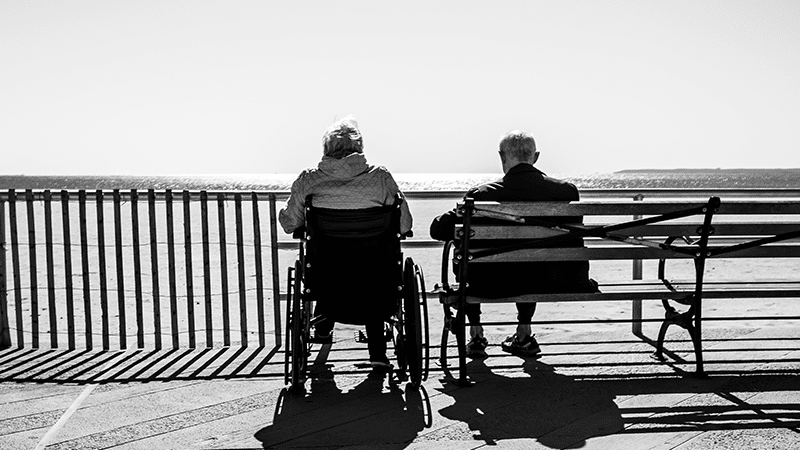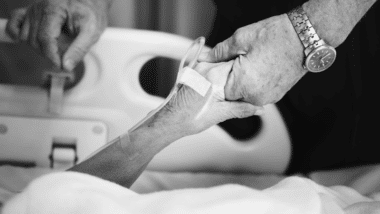Members of a parliamentary committee formed to explore how legalising assisted suicide might operate have voiced concerns.
During the first public meeting of the Irish Parliament’s Joint Committee on Assisted Dying, members warned of the potential for vulnerable people to be coerced into killing themselves.
The Committee will hold public meetings over the next nine months, before reporting to both houses of Parliament, the Dáil and the Seanad.
Devalued
Addressing officials from the Justice Department and the Irish Human Rights and Equality Commission, Senator Mary Seery Kearney said: “In Canadian law, there has been an incremental interpretation that has moved away from the initial safeguards.”
Elderly people fear, she continued, that “once we set a threshold, we will by default diminish the value of the lives of those for whom assisted dying suddenly becomes a choice, not because of the third party who is assisting, but because of coercion.
“I worry about a heap of consequences flowing from that.”
No compensation
Alan Farrell TD also expressed “great concern” over “unintended consequences” that might flow from a law change “leading to others taking advantage of vulnerable persons who may not have capacity”.
He added: “The right to life is profound and this committee has a great deal of work to do to square the circle and make a determination as to whether any proposal adheres to the request the Dáil made in its deliberative process back in 2020”.
Again referring to “unintended consequences”, Deputy Robert Troy noted that “no matter what penalty is put in place, it will never compensate if somebody has been unduly influenced or coerced into taking a decision to end his or her life early”.
The right to life is profound
Opposition
In a paper sent to the Committee last month, the Irish Association for Palliative Care said it “does not support any change in the law to legalise euthanasia or physician assisted suicide”.
Legal protections preventing healthcare professionals from assisting vulnerable patients to kill themselves, it argued, safeguard those “who may be basing their decision to die” on “a sense of being burdensome” or due to “mental health conditions”.
Last year, Micheál Martin, Ireland’s Taoiseach at the time, said that elderly people risk being put “under pressure” to end their own lives if the law is changed to allow assisted suicide.
And in 2021, representatives of the Church of Ireland, the Presbyterian Church in Ireland and the Roman Catholic Church warned Parliament, “The true measure of any society is how it treats its most vulnerable” and changing the law “would increase, not lessen, their vulnerability”.
Columnist: ‘Scotland at risk of nightmarish Canadian-style assisted suicide’
Palliative care expert: ‘Assisted suicide does not give a patient dignity’
Plan 75 film shows ‘a disturbingly realistic glimpse’ of assisted suicide



